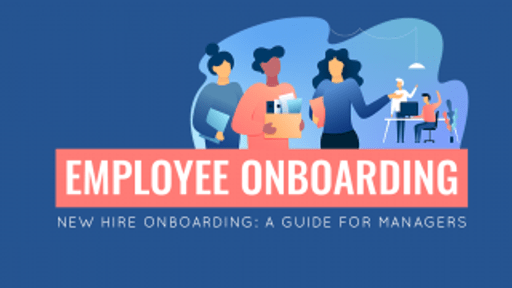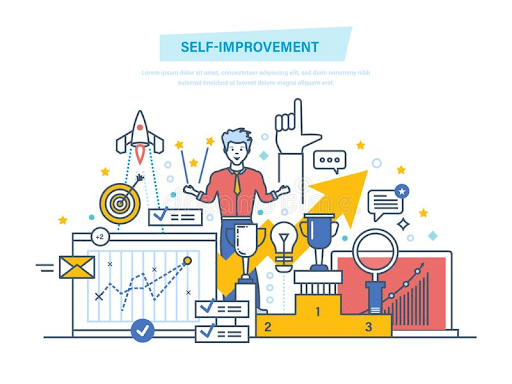
You can lower employee turnover and increase return on investment by investing time in your employees. New employees’ first weeks at work are critical because you have to set expectations and create a sense of ownership for them.
Orientation and training are provided as part of the onboarding process to new employees during their first few days, weeks, and months on the job.
Make sure you do it right from the beginning and reap the benefits. When margins are thin, you don’t want to overlook the onboarding experience for fear of the new employee leaving or floundering.
When onboarded, employees are shown the ropes and given a sense of belonging to the company. New hires receive an onboarding checklist that contains the activity list. Onboarding new employees successfully can be accomplished by following these ten tips:
To speed up onboarding, it is imperative to prepare managers during new hire orientation. Using it increases employee productivity by 25%.
Among the onboarding checklists, managers should include are welcome messages, assigning mentors and buddies, discussing roles and responsibilities, setting up check-ins, providing social networking tips, etc.
A new hire’s ability to contribute as soon as possible ultimately benefits managers. Team members should not be considered as individual entities but as integral elements.
During the first few weeks of working for a new company, avoid ambiguity when setting expectations.
Make sure the employee understands your expectations by reading the employee handbook and the job description. To facilitate employee onboarding, managers must prepare a set of guidelines addressing topics like deadlines and how deliverables support the growth of the business.
Onboarding should begin with a discussion of goals to facilitate retention immediately. Whenever new hires have a specific goal to strive for, schedule regular check-ins to see how they are progressing and address any issues that could affect their adjustment.

In the course of employee onboarding, new employees often have questions regarding their work, their team, transportation, cafeteria, benefits, insurance, compensation, and more.
They will likely seek guidance at some point, as they will encounter new cultures, new tasks, new coworkers, and new jargon. Prepare an FAQ addressing common questions that may confuse your employees to prevent this problem from occurring again.
Ensure the workplace is open and comfortable so new hires can ask questions without hesitation. Making sure the employee’s questions are promptly answered is another excellent initiative.
It would help if you didn’t consider onboarding an annual event. Imagine trying to answer every question a new employee has on the first day or week of their employment. You’d probably miss a few key points and undoubtedly overwhelm the new employee.
Depending on the job and company preferences, it could take up to three months for your onboarding process to be completed. By fostering solid connections, maintaining transparency, and providing support, this strategy can help new employees benefit from their experience.
As part of best-practice onboarding, a new hire should form connections with their team and get to know them. This could be an opportunity to establish long-lasting relationships with coworkers, even after they leave their current company.
New hires will become productive as soon as they feel comfortable in their workplace. Making them feel a part of the team should be a priority.
You will have to determine the length of your onboarding process based on the complexity of the position and the organization you work for. Don’t just support your employees for the first couple of days or weeks as they settle into their new job and workplace.
Providing full attention to your new hire is one of the keys to long-term employee success. Better screening starts your hiring process, leading to better onboarding. A new hire’s onboarding process takes time and effort.
There’s more to onboarding than establishing expectations, explaining employee qualities, and company policies. New hires should also have the opportunity to integrate into your company culture and boost their confidence as they begin their new role.
WhatsApp us